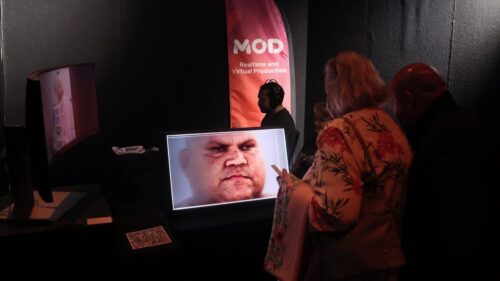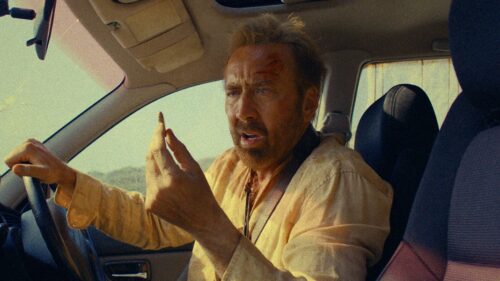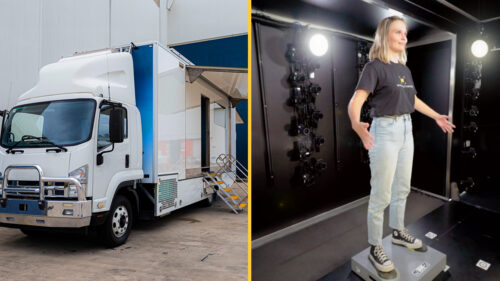/News 13.05.22
WHAT IS VIRTUAL PRODUCTION?
MOD GUIDES US ON THE BENEFITS
Virtual production (VP) does not replace familiar and effective film and tv production practices – it complements and enhances them by providing more flexibility and control on-set or on-location.
Advantages of VP include being able to view rushes immediately, use prop and set-dressing budgets in the most targeted and effective way, reduce the paperwork and logistics required for outdoor scenes, eliminate interruptions caused by weather conditions or loss of natural light or create sets and backgrounds that would be very costly or even physically impossible to fabricate.
VP encompasses a broad range of techniques and services including R&D, creative development, technical direction, technical support, face and/or body motion capture for character creation, camera tracking, bespoke creation of tools for VFX, software development (e.g. Unreal Engine, Houdini, web services), design of complex graphic and audio workflows, all the way through to full-service VP.
VP uses games industry software, which allows the action to play out on monitors in real-time. The immediacy of feedback provided by these real-time workflows can free up storytelling processes and provide immense value to creative teams.
As a bonus, much VP work can be delivered remotely, thus saving on travel and related costs, too.
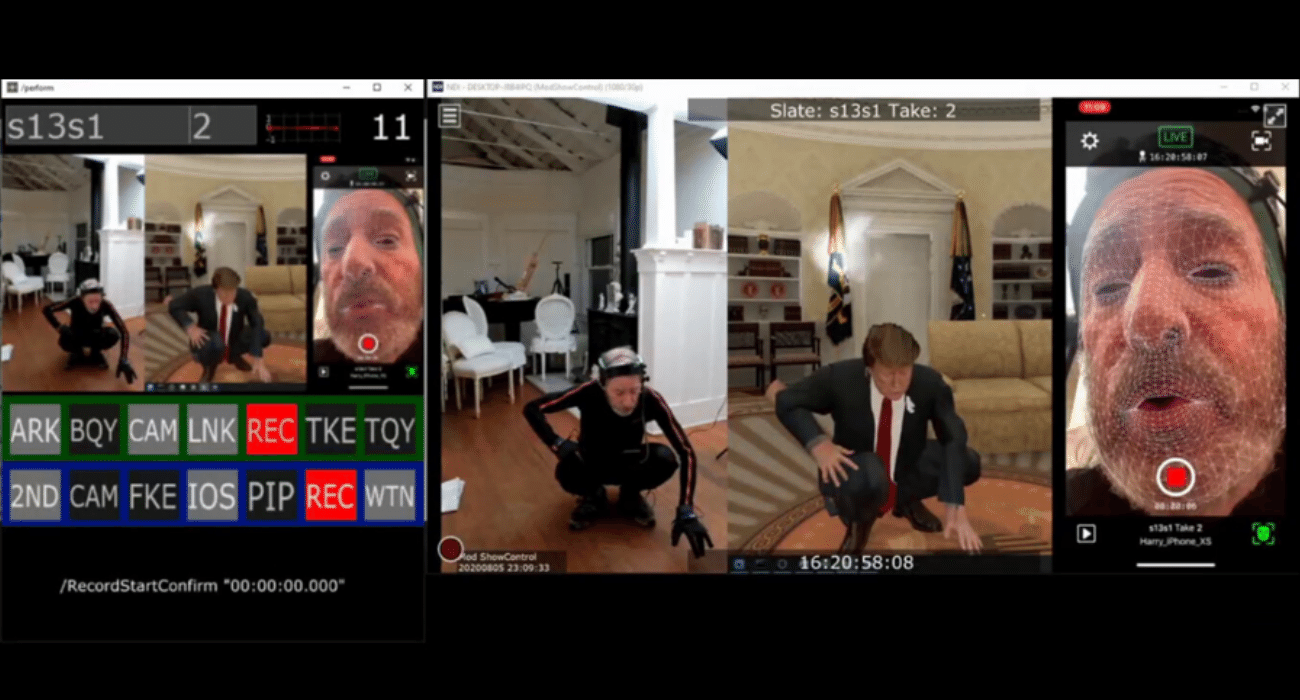
HOW MIGHT I USE VP?
To optimise production budgets, directors and producers can sit down with a VP specialist at the development stage, or during pre-production, to identify the best opportunities within the script to take advantage of VP, allowing spend to be allocated across the production most effectively.
A VP studio is its creative team and tools, not just a facility. A lot of VP work does not require a stage or LED volume at all. A risk for productions is committing a large slice of the budget to stage and equipment hire without first allowing time for VP supervision and R&D, which would identify workflow and budget optimisations.
A good VP team is certainly agile and adaptable enough to work on whatever soundstage the production is using but, the benefit of bringing them in at pre-production is that they can scope out, recommend, negotiate with and secure the most cost-effective and fit-for-purpose stages and LED volumes for the particular production.
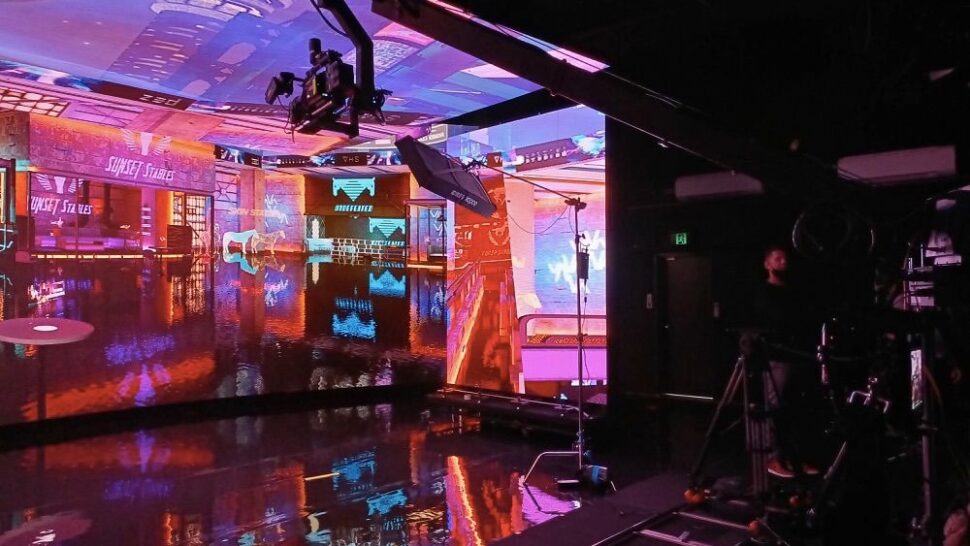
Traditional VFX and art content providers can work hand-in-hand with a VP studio to do pre-production R&D or to design and develop tools required to meet specific production needs. These may be required to extend existing VFX pipelines.
If required, an experienced and flexible VP team can be brought on set during production, to work collaboratively with the VFX department, though leaving it till the shoot stage can result in some missed opportunities.
VP is not a magic bullet, even the best VP team can’t be guaranteed to pull a rabbit out of a hat without delays if they’re brought in at the 11th hour to work on sight-unseen content.
WHAT IF I JUST WANT TO DIP MY TOES INTO VP WATERS?
A good VP studio will be very willing to spend some time discussing a small R&D project to meet your organisation’s learning and development needs. They will also be very happy to integrate into the project structured and/or organic learning opportunities for your team.
If you’re at a very early stage of considering this area, and not ready to undertake an R&D project, an experienced studio will be able to offer consultancy services to help you explore and define an appropriate set of VP aims and objectives to suit your organisation’s size and focus area. They will also be very transparent about their costs, down to the hour, so that both parties are very clear on parameters.

Mish Sparks is co-founder of Mod, a 12-year-old studio specialising in virtual production. Mod’s founders have over two decades of experience, creating and producing with what is today called virtual production – previously known by many names, including multimedia, film-making with games engines and remixable film, among other terms.






